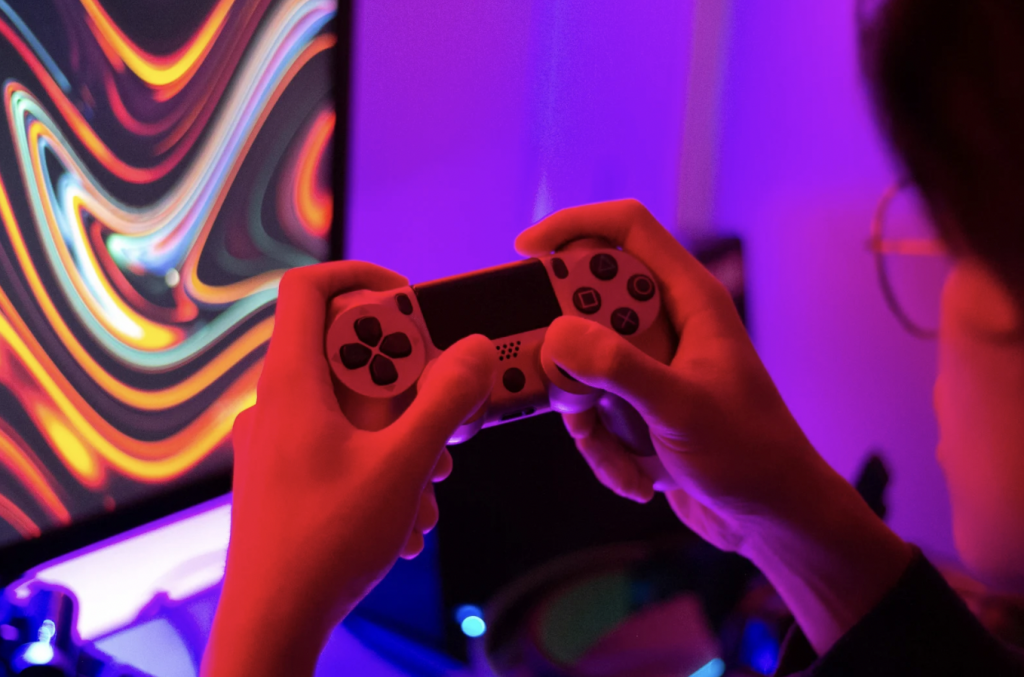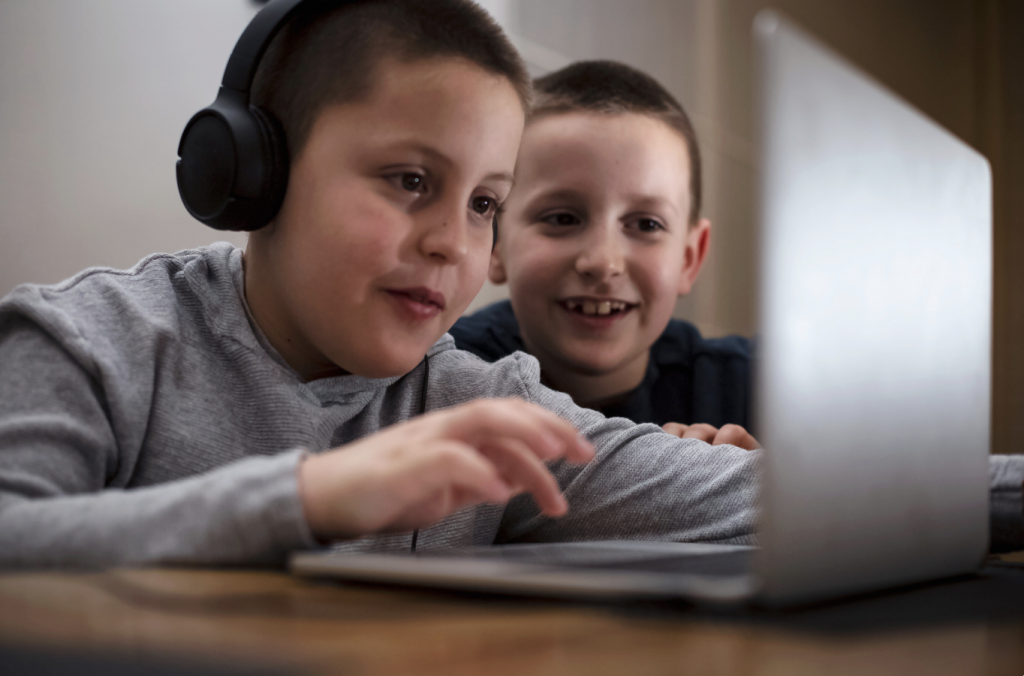
I think gaming is a proxy for facing troubles in your own life. It’s a very low-stakes way to experience emotions and anxieties
and go through them in a safe way, and build up the capacity to do that in the real world.Tim Schafer, Double Fine Productions Tweet
The unprecedented impact of COVID-19 has pushed virtually everyone to look for ways of coping — one of which is online gaming. Online gaming is the act of playing a video game over a computer network, particularly the internet. The Philippines is ranked among the top four countries known for heavy use of online gaming, with an average daily playtime of an hour and 31 minutes — 19 minutes longer than the global average. Online gaming has been a flourishing industry in the country. In 2020 alone, there were over 44 million Filipinos that played online games, with the majority of users coming from the 25 to 34 age group (27.1%), followed by those aged between 18 and 24.

With the increasing trend of online gaming in the country, a question lies ahead: is this beneficial or harmful for Filipinos’ mental health? In a local study on the association of online gaming and the incidence of depression among adolescents (mean age of 17), it was found that there is a weak relationship between the two, yet strong enough to considered to be statistically significant. The same observation was consistent with studies performed in other countries.

At the height of COVID-19, however, online gaming may have played a crucial role in one’s recovery.
Despite cited drawbacks, online gaming has an undeniable potential for the prevention of mental health conditions and promotion of well-being. There is, however, a need to strike a balance between functional utility and moderation/frequency of use. Of note, the World Health Organization has listed gaming disorder in the 11th Revision of the International Classification of Diseases (ICD-11). Gaming disorder is defined by WHO as: “impaired control over gaming, increasing priority given to gaming over other activities to the extent that gaming takes precedence over other interests and daily activities, and continuation or escalation of gaming despite the occurrence of negative consequences.”
Harnessing the good in online gaming for better mental health takes a self-society-system approach. Actions that can be done across these levels may include, but are not limited to:

Intersectoral collaborations can pave the way forward in deepening our understanding of the role of online gaming in our mental health. Multisectoral efforts, especially from policymakers, the industry, as well as the mental health community, can meaningfully shape discussions and policy on how online gaming’s potential is harnessed for our mental health and well-being.
BCPHR.org was designed by ComputerAlly.com.
Visit BCPHR‘s publisher, the Boston Congress of Public Health (BCPH).
Email [email protected] for more information.
Click below to make a tax-deductible donation supporting the educational initiatives of the Boston Congress of Public Health, publisher of BCPHR.![]()
© 2025-2026 Boston Congress of Public Health (BCPHR): An Academic, Peer-Reviewed Journal
All Boston Congress of Public Health (BCPH) branding and content, including logos, program and award names, and materials, are the property of BCPH and trademarked as such. BCPHR articles are published under Open Access license CC BY. All BCPHR branding falls under BCPH.
Use of BCPH content requires explicit, written permission.